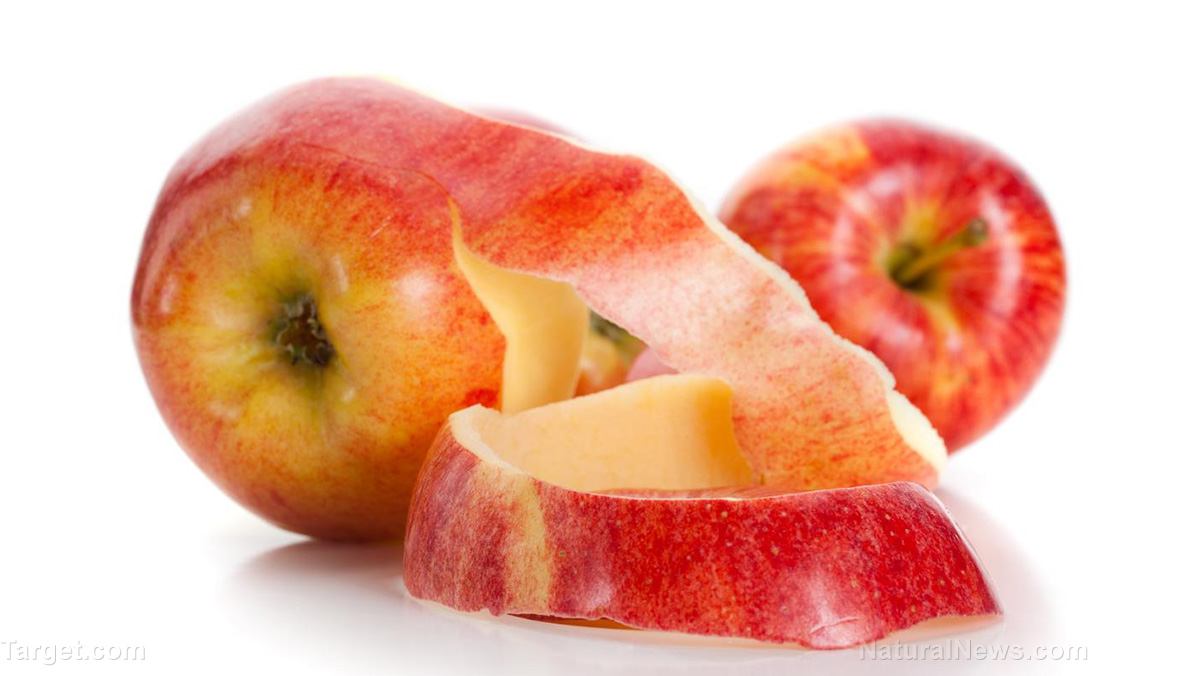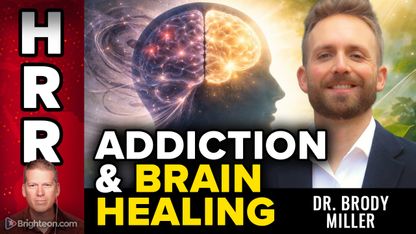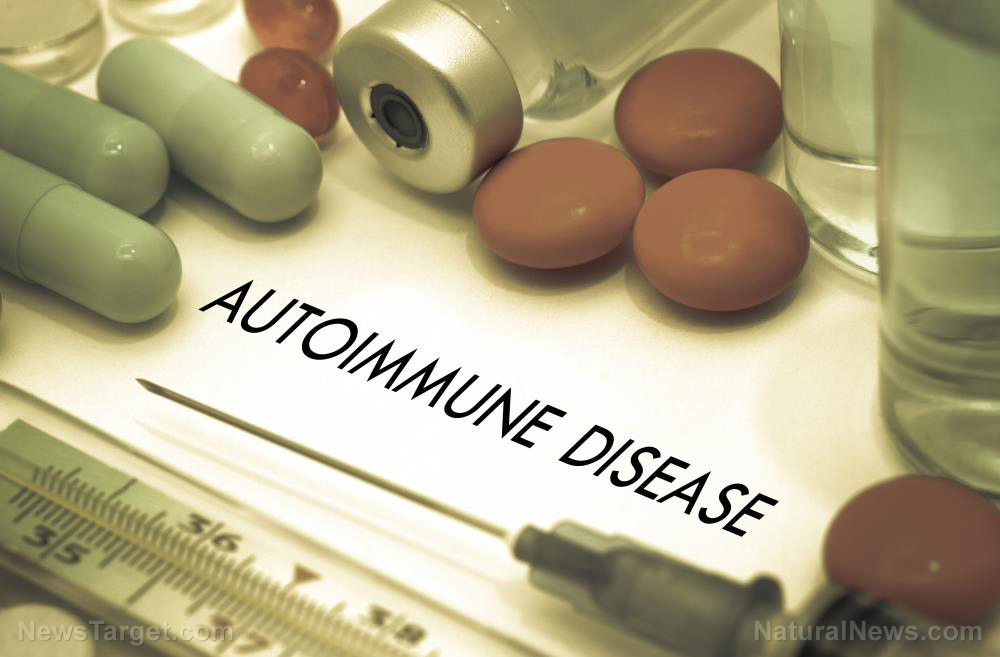
Apple juice is, with little doubt, one of the most popular beverages today. Producing it, however, may be considered wasteful, as fruit components like the stem, peel, and seeds often get mashed and mixed together in a manner that discourages recycling and further use. This is not to mention the adverse effects of such a process on the quality itself of the juice.
New pre-pressing technologies allow producers to separate apple components and squeeze juice from only the fruit’s flesh. These also allow researchers to isolate specific components and determine their nutritional value and possible applications. This study looks at the polysaccharide content of Fuji apple peel and how its antioxidants protect liver cells. The authors used an animal model to prove the beneficial effects of APP in vivo.
After identifying and isolating apple peel polysaccharides (APP), the researchers divided mice into six groups. The normal and CCl4-intoxicated groups were given physiological saline once daily. CCl4 stands for carbon tetrachloride, a toxic narcotic known to cause cancer. One group served as positive control and was given 0.5 mL of 450 milligrams per kilogram (mg/kg) of biphenydicarboxylate bill (BP) once a day. The rest of the groups were treated with 0.5 mL of 150, 300, and 450 mg/kg APP once daily. The treatment was performed for seven days. At the end of the one-week period, all groups except for the normal group received 0.3 mL of 0.8 percent CCl4/peanut oil mixture – the normal group received just peanut oil.
The rats were sacrificed and exsanguinated at the end of the seven-day period. Their livers were collected and weighed, and the blood samples centrifuged to separate the serum, which was then stored and analyzed.
The researchers cited previous studies indicating that APP is a reducing agent, a substance that scavenges oxygen and free radicals. While its reducing power is notably lower than that of ascorbic acid or vitamin C (Vc), it was still enough for APP to be considered a moderate scavenger. Moreover, its reducing power increased in proportion to its concentration.
To determine the hepatoprotective effects of APP in vivo, the researchers compared the liver samples taken from the animal model. The mice in the CCl4-intoxicated group showed considerable increases in both liver weight and hepatosomatic index (HI). HI refers to the ratio of an animal's body and liver weight and is an indication of the organism's energy reserves. Animals in poor environments tend to have smaller livers.
Those in the APP groups did not show any significant change in terms of body weight, but they were noted for having lower HI and liver weight when compared to the CCl4-intoxicated group. This was especially true for those mice that received higher doses of 300 and 450 mg/kg. Furthermore, the decrease was comparable to what was observed in the positive control group, indicating that APP's effects may be similar to that of BP.
The researchers also checked for the activities of enzymes alanine aminotransferase (ALT), aspartate aminotransferase (AST), and lactic dehydrogenase (LDH), all of which are indicators of liver damage. Those in the CCl4-intoxicated group exhibited elevated levels of these enzymes, clearly signifying the presence of liver problems. The administration of APP resulted in less significant increases in the said enzymes. The benefits of APP were noted to have been dose-dependent.
The authors also looked at the levels of malonaldehyde (MDA), superoxide dismutase (SOD), and glutathione peroxidase (GSH-Px) in the liver tissue samples. MDA is an index of free radical chain reaction of lipid peroxidation. The mice in the CCl4-intoxicated group demonstrated higher levels of MDA compared to the normal group. The levels of SOD and GSH-Px, known antioxidants in the liver, were also reduced in this group. The treatment with APP lowered MDA levels and increased SOD and GSH-Px concentrations in a manner similar to what was observed in BP-treated mice.
Finally, the researchers conducted a histopathological observation of liver tissues. The mice in the CCl4-intoxicated group had visible liver tissue damage characterized by cellular degeneration and the lack of cellular boundaries. Those treated with APP showed indications of recovery from liver damage. (Related: Liver damage caused by OTC painkillers reduced by this folk remedy.)
The authors concluded that the polysaccharides in apple peels may be used to protect the liver from damage and may be exploited as a hepatoprotective pharmaceutical agent.
For more information on the benefits of antioxidants, visit Nutrients.news.
Sources include:
Please contact us for more information.























